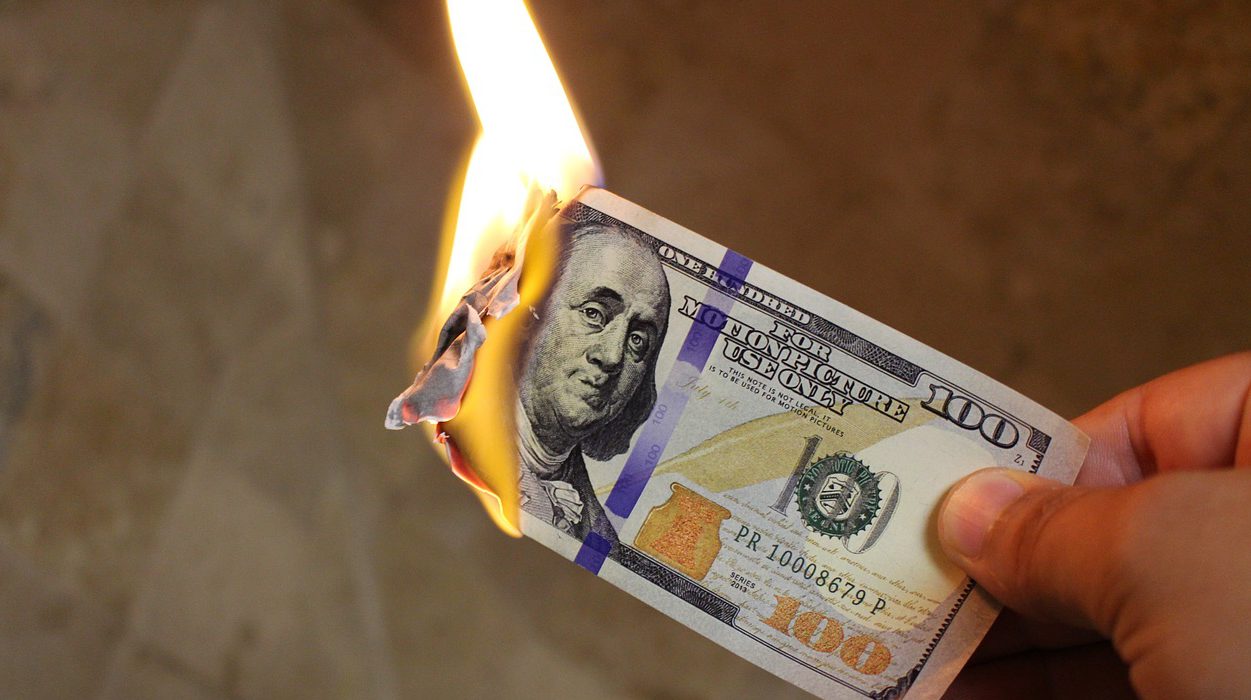The ban was enforced on 14 May and aims to boost the use of Iraq’s local currency, the dinar.
It is also designed to reduce the gap between the official government exchange rate and the exchange rate offered by the black market, which continues to fluctuate and has resulted in price surges.
In a statement, the Iraqi Interior Ministry said: “The dinar is the national currency in Iraq. Your commitment to transact in it instead of foreign currencies boosts the country’s sovereignty and economy.”
The ministry added that anyone dealing in currencies other than the local currency would be subject to legal punishment and said that it is committed to “hold accountable anyone who attempts to undermine the Iraqi dinar and the economy.”
In order to properly enforce the ban, the Interior Ministry’s Crime Directorate has requested that traders sign agreements assuring the government that they will conduct transactions in local currency only.
According to General Hussein Al-Tamimi of the Crime Directorate, violators of these pledges will be forced to pay a fine of one million Iraqi dinars, adding that repeat offenders may be subject to prison time.
“If the violator repeats it, he will face an imprisonment penalty of up to one year plus a one-million Iraqi dinar financial fine. In case of a third violation, that penalty will be doubled, and we will have the business license turned,” the official added.
US dollars are already scarce in the country’s official markets as a result of recently imposed measures by Washington to control the movement of dollars inside Iraq. While the new government of Mohamed Shia al-Sudani has moved swiftly to contain the financial fallout, these US policies have given rise to a debate inside Iraq about the benefits of de-dollarization.
Iraqi MP and member of the Finance Committee in Iraq’s Council of Representatives, Hussein Mouanes, told The Cradle in an exclusive interview earlier this month that “Iraq has been and continues to be a slave to the US dollar … every country’s economic strength depends on the strength of its currency.”
“It is clear that Iraq is economically dominated by the US, and our government does not truly control or have access to its own money … We believe that it is crucial to move away from the hegemony of the dollar, especially as it has become a tool to impose sanctions on countries. It is time for Iraq to rely on its local currency,” he added.


 RSS Feed
RSS Feed